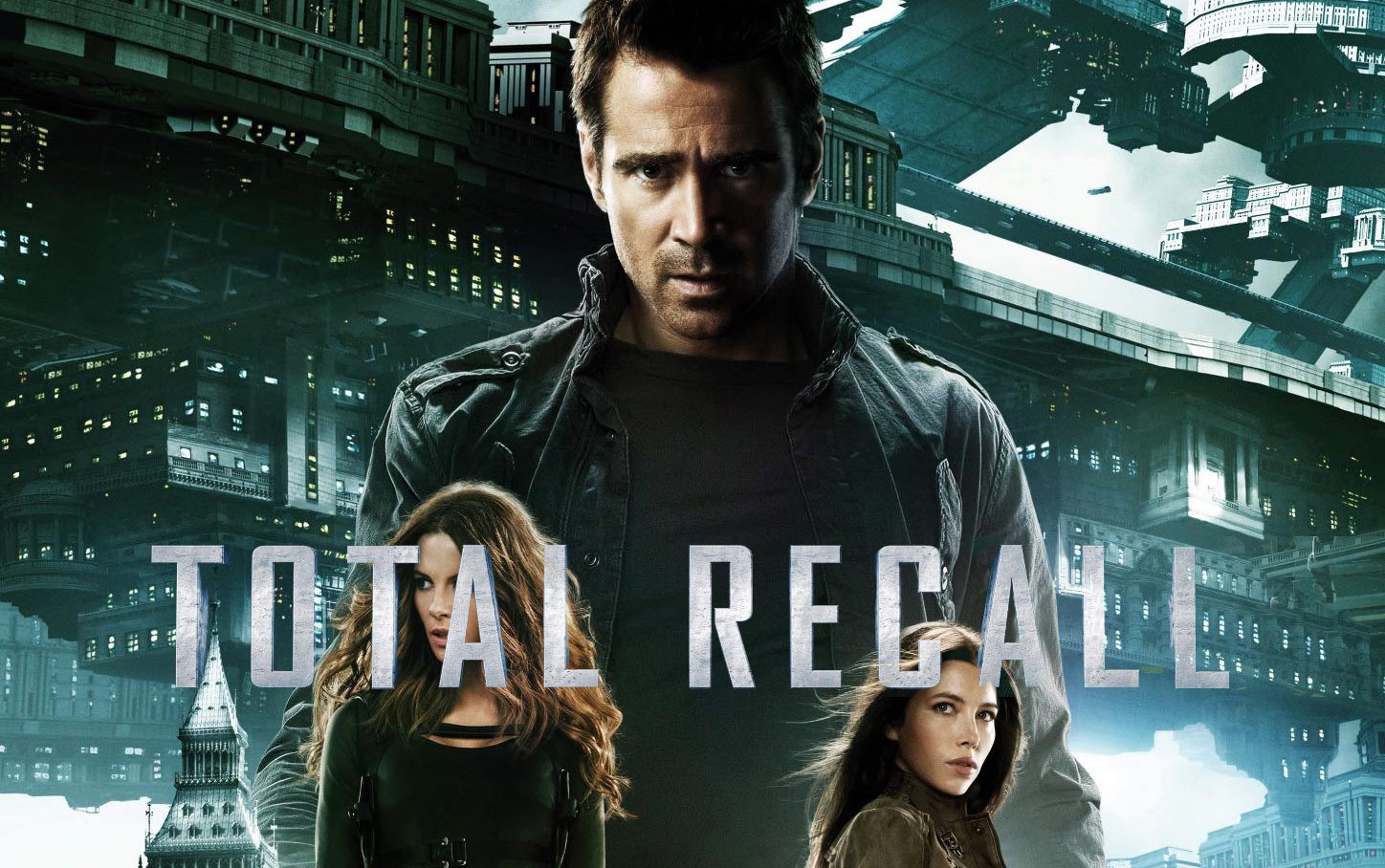The first option might simply be that the film is simply not good. Though one can only cough in a manner that sounds like ‘Transformers: Age of Dark Moon and Revenge of Extinction of the Fallen’ (long cough) to highlight how sometimes awful films can still generate a large income. But do not doubt how quickly bad word of mouth and bad reviews can sink a film. This year alone we have had ‘Pan’ that may have gathered an audience had it not received universal hatred from anyone that either valued the original incarnation, or film in general. Then observe ‘After Earth’ despite a frankly excellent marketing campaign in which the advertisement never once mentioned the name of M Night Shyamalan, the poor quality of the film translated to such a bad audience reaction that having started out at the number one box office spot on its opening day, it dropped down by one spot the next day, another the next until it dropped off entirely within just a few weeks. Then look at ‘Tomorrowland’, certainly not a terrible film (depending on who you ask), it was fun and fine, but it did not set the world on fire and did not create enough media buzz or rave reviews to inspire anyone to go and see it.
 In a similar vein, a quick question. Who in Britain is
looking forward to the ‘Jem and the Holograms’ movie? To the one person who
said yes, bad luck because you probably never will. Universal pulled the film
from distribution across the United States well ahead of schedule, meaning that
they are unlikely to risk further financial setbacks by distributing it
anywhere else and allowing it to bomb again. I can’t say whether the film is
bad or not as I have not seen it, but what I do know is this, having been based
off an animated series from the 1980s it tried to appeal to the nostalgic nature
of the adults who had watched the show in their youth, but for some baffling
reason they did away with multiple elements of the source material and shifted
its focus to appeal to newer audiences. Instead of striking a balance between
the two is alienated both parties, with new viewers having no idea who or what
this film was about, and older fans experiencing anger over its disregard for
the original series. Once again ‘Tomorrowland’ is an example of how the film
eliminated its target audience, with various sequences that look like a fun
children’s film in its marketing but still emphasising the role of George
Clooney in the film who is an actor that most children will not recognise. Such
a decision does not appeal directly to any potential audience member.
In a similar vein, a quick question. Who in Britain is
looking forward to the ‘Jem and the Holograms’ movie? To the one person who
said yes, bad luck because you probably never will. Universal pulled the film
from distribution across the United States well ahead of schedule, meaning that
they are unlikely to risk further financial setbacks by distributing it
anywhere else and allowing it to bomb again. I can’t say whether the film is
bad or not as I have not seen it, but what I do know is this, having been based
off an animated series from the 1980s it tried to appeal to the nostalgic nature
of the adults who had watched the show in their youth, but for some baffling
reason they did away with multiple elements of the source material and shifted
its focus to appeal to newer audiences. Instead of striking a balance between
the two is alienated both parties, with new viewers having no idea who or what
this film was about, and older fans experiencing anger over its disregard for
the original series. Once again ‘Tomorrowland’ is an example of how the film
eliminated its target audience, with various sequences that look like a fun
children’s film in its marketing but still emphasising the role of George
Clooney in the film who is an actor that most children will not recognise. Such
a decision does not appeal directly to any potential audience member. But there is a theme running through this discussion though,
marketing and advertising. Sometimes this can play a key part in the film’s gross
regardless of its quality. It is ultimately down to the studio to decide how
much they spend on advertising a film, and sometimes they do not know how to.
How could you advertise something like ‘Cabin in the Woods’ as something unique
without giving away the entire film? How could you sell ‘Kingsmen’ as anything
other than a generic spy film in a two minute trailer? The answer is you can’t,
‘Cabin in the Woods’ displayed every cinematic cliché in existence but the
trailer did not give it a chance to demonstrate how subversive and intelligent
it would ultimately become, and the trailer for ‘Kingsmen’ made it look like
something on par with Guy Ritchie’s ‘The Man from UNCLE’ when one is infinitely
better than the other. As well as that a studio can have no faith in the film
and want to release it as quietly as possible in order to minimise their
financial losses, this year alone saw the disastrous opening of Adam Sandler’s ‘The
Cobbler’ which received universal hatred and earned just $24,000 from a budget
of $10 million.
But there is a theme running through this discussion though,
marketing and advertising. Sometimes this can play a key part in the film’s gross
regardless of its quality. It is ultimately down to the studio to decide how
much they spend on advertising a film, and sometimes they do not know how to.
How could you advertise something like ‘Cabin in the Woods’ as something unique
without giving away the entire film? How could you sell ‘Kingsmen’ as anything
other than a generic spy film in a two minute trailer? The answer is you can’t,
‘Cabin in the Woods’ displayed every cinematic cliché in existence but the
trailer did not give it a chance to demonstrate how subversive and intelligent
it would ultimately become, and the trailer for ‘Kingsmen’ made it look like
something on par with Guy Ritchie’s ‘The Man from UNCLE’ when one is infinitely
better than the other. As well as that a studio can have no faith in the film
and want to release it as quietly as possible in order to minimise their
financial losses, this year alone saw the disastrous opening of Adam Sandler’s ‘The
Cobbler’ which received universal hatred and earned just $24,000 from a budget
of $10 million. Marketing can also lack a hook to drag people in, or big names to attract others. Even original projects like ‘Cloverfield’ used the trailer to get people talking, ‘Inception’ used Christopher Nolan’s name as well as the fact that both were pretty good, and when I say pretty good I mean one of them is alright and the other is fantastic. Guess which one I mean. If your concept is too vague or you have no big names to attract attention you will struggle to draw a crowd, even more so if your film is not good.
Though of course big names can harm a film just as quickly as they can herald it. Some actors are pushed as big stars by the studio, only to fall out of public favour and be faced with a restricted gross for whatever movie they are in. Remember when Sam Worthington was the next big thing, or Taylor Kitsch? Then others have simply declined gradually and are now dragging down respective films just with their names attached, there’s Sandler and Murphy, who were huge box office draws a couple of decades ago. But one too many bad choices have left a slight scar on our subconscious. This can even apply to directors, we have already mentioned Shyamalan. Put it this way, if a new action film starring Channing Tatum comes out at the same time as Taylor Kitsch’s triumphant return, which would you see?
You would probably see whichever one was part of a franchise is the answer. Now look, I like and respect great franchises, it is not nearly as easy as one would think to make a reliable, entertaining and consistent story across as many as ten or even twenty films but it does seem as if an original film will struggle to compete amid the slew of franchises coming around year after year. Reboots can be even worse, no matter how much you complain when they make a ‘Back to the Future’ reboot, or a ‘Ghostbusters’ reboot or a reboot of Indiana Jones (though to be honest most studios would hopefully put a creative spin on it, as they have already done with ‘Ghostbusters’ and are hoping to do with ‘Indiana Jones’) you will still go an watch it, even if it is just to complain you will still watch it.
 There are few things sadder though, than a failed franchise.
A film that is so obviously trying to establish a cinematic universe that it
forgets to focus on the film they are currently making that audiences stand up
and shout ‘enough’. ‘Fant4stic’ is one, ‘Amazing Spider Man 2’ is another, then
you have painful continuations of old franchises well past their prime like ‘Die
Hard’ and ‘Terminator’. Although some remakes are useful to draw crowds, others
are not as we have seen with remakes of ‘Red Dawn’, ‘Total Recall’ and ‘The
Wolf Man’.
There are few things sadder though, than a failed franchise.
A film that is so obviously trying to establish a cinematic universe that it
forgets to focus on the film they are currently making that audiences stand up
and shout ‘enough’. ‘Fant4stic’ is one, ‘Amazing Spider Man 2’ is another, then
you have painful continuations of old franchises well past their prime like ‘Die
Hard’ and ‘Terminator’. Although some remakes are useful to draw crowds, others
are not as we have seen with remakes of ‘Red Dawn’, ‘Total Recall’ and ‘The
Wolf Man’.The reason for this is that some genres of film just completely fall out of public favour, so a remake in that genre will stand little chance of succeeding. As for an original idea that tries to adopt the concept of, say, a western, god help them. There are exceptions and who knows, with the recent success of ‘Django Unchained’ and the sure to be success of ‘The Hateful Eight’ and ‘The Revenant’ maybe it could make a comeback. Until Adam Sandler comes along with whatever terrible western he is making next and ruins it for everyone.
But none of these reasons explain the commercial failure of ‘Steve Jobs’. The only answer I can give is that there are various exceptions to all of these reasons and every now and then something may come along to completely up haul the rules of why movies bomb. But until then you can look at a film or its trailer or its very concept and make some judgement, just prepare to be surprised.
No comments:
Post a Comment